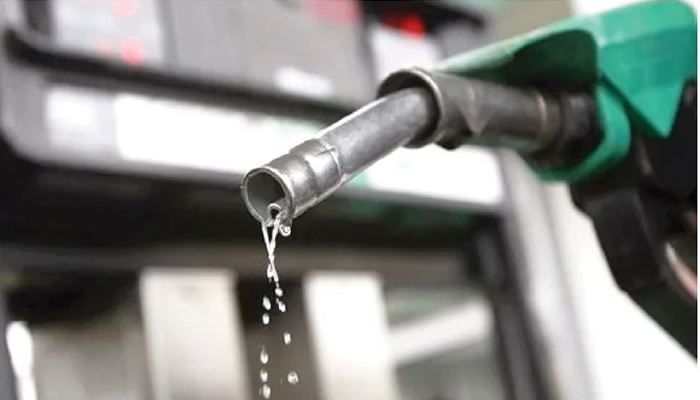
The Nigerian National Petroleum Company Limited (NNPCL) has raised the price of Premium Motor Spirit (PMS), commonly known as petrol, in major cities across Nigeria. In the Federal Capital Territory (FCT), the price has increased from N965 to N990 per litre, while in Lagos, it has risen from N925 to N960 per litre.
Despite a slight decline in global crude oil prices, the increase in petrol prices is linked to the ongoing market dynamics and the country’s deregulated petroleum sector. Retail prices at NNPCL outlets have been adjusted in response to these fluctuations.
The adjustment of N20 (2.1%) aligns with recent changes in the sector, particularly following the commencement of operations at the Dangote refinery. The refinery, which is expected to reshape Nigeria’s fuel supply chain, has also led to price hikes, with some dealers reporting an increase in prices ranging from N965 to N975 per litre at depots.
In several stations, the price of petrol now hovers between N990 and N1,030 per litre, reflecting a significant uptick from previous weeks. Along Airport Road, Central Area, and Nyanya in Abuja, many filling stations have adjusted their prices, with stations such as AYM Shafa and Matrix now charging N1,000 per litre, while others, including Shema station, have priced petrol at N1,030 per litre.
While the increase comes amid a downward trend in crude oil prices, experts have cited it as a reflection of market forces and the petroleum sector’s deregulation. Olatide Jeremiah, an oil and gas expert, emphasized that deregulation helps tackle fuel scarcity and price hikes, suggesting that these increases may be temporary.
At the international level, Brent crude oil prices recently fell to $79.98 per barrel, but post-inauguration, the prices have shown signs of recovery, reaching $80.05 per barrel.
As the country adjusts to these price changes, Nigerians can expect further fluctuations as global and domestic factors continue to shape the petroleum market.
Comments